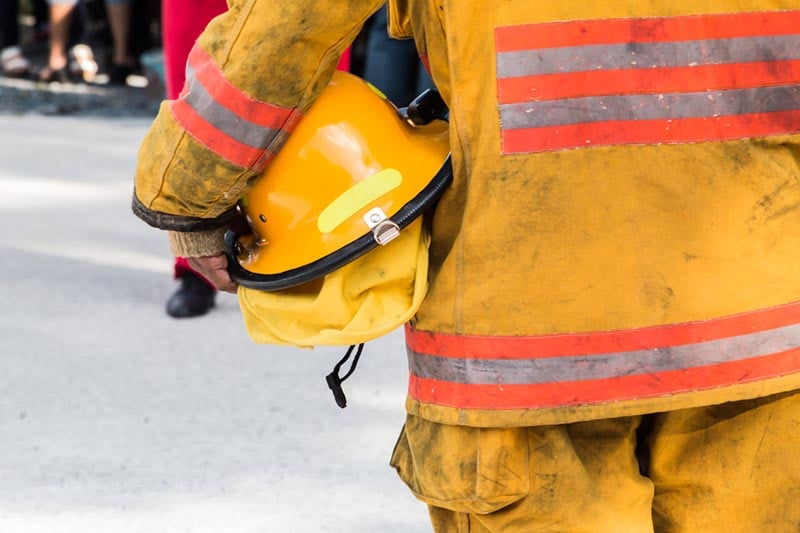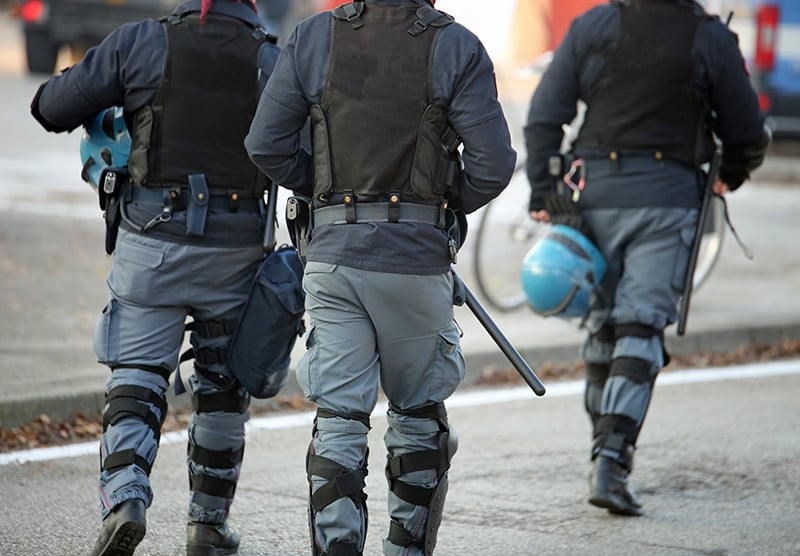Workers' Compensation for First Responders: Legislative Update

Understanding which workers’ compensation benefits that a first responder is entitled to has been a hot topic across the country. Discussions have ranged from debates about what cancers are linked to their line of work to whether traumatic events require workers’ compensation coverage. IWP has a breakdown of the current legislation aimed toward workers' compensation benefits for first responders.
The Mental Health of Our First Responders
In a recent study conducted by the University of Phoenix, 85% of first responders reported experiencing symptoms related to mental health. Thirty-four percent of first responders reported being diagnosed with a mental health disorder, a number likely to be much higher when undiagnosed cases are taken into account. With statistics like that, it’s no surprise that in 2019, over half the states in the country considered legislation that would provide some form of workers’ comp benefits for first responders suffering from mental illness.
The Evolution of How We View Mental Health
States have struggled with how to convert their old workers’ compensation system to meet the newer needs of our economy. Workers’ comp systems were set-up to address physical injuries that are on display and measurable. However, mental illnesses are not as easily measurable, a visible ailment does not always accompany them, and notably, in the world of first responders, there is often a stigma associated with coming forward with a mental illness.
States have tackled the issue in a variety of ways, from adding exceptions for first responders, to outright removing a physical injury requirement for workers’ compensation coverage. Between 2018-2019, 11 states passed PTSD benefits for first responders, including California, Florida, and Texas.
Recognizing PTSD as a Compensable Injury

One of the first states to attempt it, but one of the last to adopt it, was Connecticut. Following the 2012 Sandy Hook school shooting, the Connecticut legislature repeatedly took up legislation to expand workers’ comp benefits for first responders suffering from PTSD as a result of witnessing traumatic events.
Connecticut eventually passed legislation in 2018 that removed the state’s physical injury requirement and outlined six qualifying events that would give rise to a PTSD claim for firefighters, police officers, and parole officers. Among those qualifying events, was viewing a deceased minor.
Florida took a similar approach in 2018, outlining 11 qualifying events that would trigger a PTSD claim for first responders—but the first list they proposed in regulations faced significant push back from all sides. Some claimed it was too specific, potentially not covering other traumatic events, while others argued it captured too much.
The most recent bill signed into law was in Texas. HB 2143 made PTSD compensable for first responders if one or more events arose in the course and scope of their employment that resulted in a PTSD diagnosis. Texas also lowered the legal threshold for establishing a claim for PTSD by requiring first responders to only show by a preponderance of the evidence that the event (or events) was a producing cause of the disorder.
What's Happening Today
While the majority of states now have some form of PTSD legislation in place for first responders, it’s a trend not slowing down. In 2020, at least four states are seriously considering PTSD legislation and workers’ compensation benefits for first responders, while other states struggle to pick up the issue at all.
IWP promises to share any additional news and legislative updates surrounding workers' comp benefits for first responders as they become available.
Other Posts You Might Be Interested In
Subscribe to email updates
Stay up-to-date on what's happening at this blog and get additional content about the benefits of subscribing.

